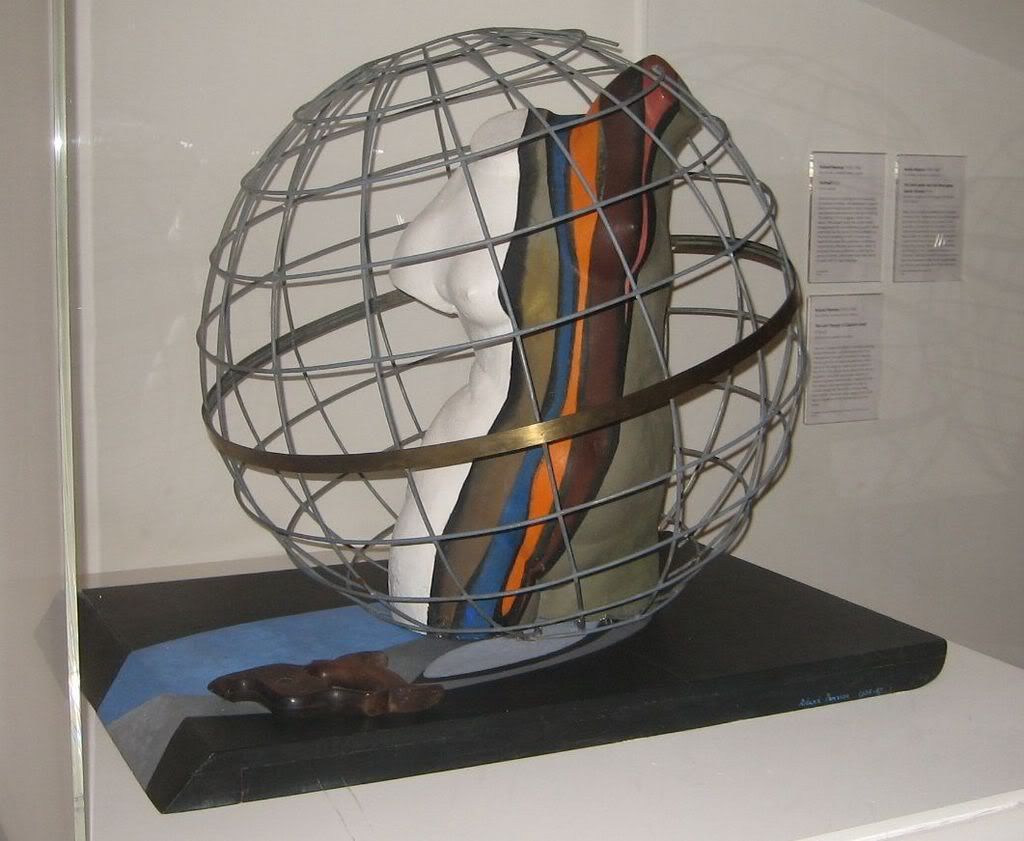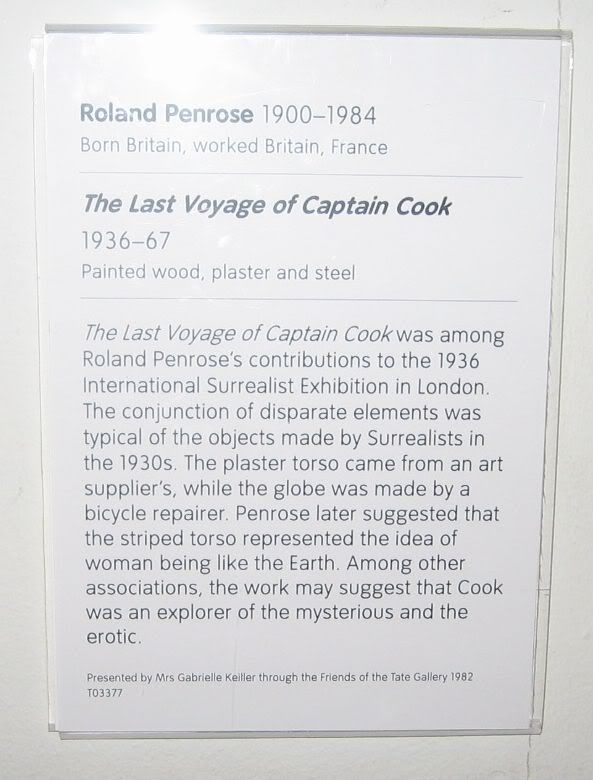[NB: I originally wrote this to let of steam, but both this post and the FMT are now very slightly Internets Famous, and have thus been Criticised by Smart People. I'd therefore like to add C A Monteath-Carr's suggestion for an alternate FMT equation:
If (# of Female Prostitutes) > (# of All Other Women), then [WTF?]I would like to propose a measure called
The Frank Miller Test. It will test how much male sci-fi writers are obsessed with whores; if the proportion of female sex workers to neutrally presented female people in his story is above 1:1, he fails.
I said,
alonglongtimeago, that I'd get back to the whole general mess of how sex work gets portrayed in sci-fi & fantasy. It's a happy coincidence for me that Yonmei recently wrote about
this vile story CS Lewis penned in 1958 because if she hadn't, I would've had to search it out and reread it, ewwww. It's a short exploration concerning sex on an exploratory mission to Mars. 'Sex' meaning to Lewis exactly what it often means in sci-fi and in videogames - sex between the male adventurer and the female prostitute. Go read Yonmei's post, because I can't bear to rehash this vile example. Gist is, women can only come to Mars if they're going to be prostitutes. (The really cringlingly awful part is that when I first read it - I think I was 14 or 13 - I swallowed this shit whole.)
There's a lot of supposedly 'speculative' fictions where it's still 1958.
I am going to start with the ones I love the most, because they're the ones that hurt; China Mieville remains my writer of ultimate worship (and not just because of
what he called Charles Clarke that one time on
Lenin's Tomb), but there's this moment in
The Scar where one of the minor characters, Carrianne, tells a story near-identical to that of Lewis's 'ministering angels'. Even on a first, frantic readthrough of a book I was badly in love with, this stood out as the weakest thing he'd ever put on paper.
We were sailing our whim-trawler for Kohnid in Gnurr Kett. That's a long, hard journey. I was seventeen. I won the lottery to be figurehead and concubine. I spent the daylight strapped to the bowsprit, scattering orchid petals in front of the ship, spent the night reading the men's cards and in their beds. That was dull, but I enjoyed the days. Dangling there, singing, sleeping, watching the sea.
Yeah. Great journeys are for penises, but vaginas can tag along and put out for us and that makes them
winners! This isn't normative, I know, it's descriptive, he has an anthropology background, I shouldn't be so quick to smell a rat. And yet.
Carrianne is only one woman, but in male-authored sci-fi, the whole stupid prostitutes-only thing more often follows that 1958 pattern of the organised group.
Iron Council is such a self-aware commentary on socialism, on industrial organisation, on the politics of objects (both technologies and bodies), on revolution, that I'm hesitant to rip at any one moment. It's a journey, a circle. The bit that involves prostitution is that wild present-tense 150-page book-within-book that some people hate and I hopelessly adore:
Anamnesis ~ The Perpetual Train.
Mostly, it's about
technological determinism with sociological determinisms piled atop that. (Beautifully. It's probably the best book in the entire world). A company sponsored by a wealthy coastal city-state is building a railway line across a continent, out from their city toward places they have never been.
The Perpetual Train follows Judah, one of the Transcontinental Railway Trust's surveyors: he watches as the construction of the railway changes the land and the communities that it passes through.
The villages they pass become rich and murderously violent - decadent, liquor-swilling, whore-filled and lawless - for the few days or weeks of the railroad, and then die. The towns live mayfly lives. Sex is as much part of the iron-road industry as spiking, grading, herding and paperwork. A tent city of prostitute refugees from New Crobuzon's red-light districts follows the rails and the men that set them down. The men call it Fucktown.
It's 1958 again. The men have a quest, and the women are the questers' prostitutes. (Anonymous homosexual intercourse is suggested as the cash-free alternative). There's also, of course, this narrative about how 'vices' of all kinds are brought by the evil capitalist enterprise to the virgin wilderness -
- but not quite, I fucking adore this one:
There are several like her, some boys but mostly young women, utterly charged by the arrival of these tough roustabouts and the breathing pistons of the trains. Their families lament while they let their flocks run, or sell them for meat to railroaders for scrimshawed trinkets from the tool-rooms. The goatkeep young men join the grading teams and fill the rivers. The young women find other outlets. [...] There is bad blood among the camp followers. The whores who have dutifully followed these men, splitting from the perpetual train to work with these mountain diggers, are affronted by their new rural rivals, these farmgirls who expect no pay. Some of the workers themselves are threatened by these newly voracious young women who do not sell sex or even give sex but take it. They know no rules. They have yet to learn taboos...
Part of me adores that bolded line, and the energy of the passage in general. The other part is saying waitacottonpickingminute, you're appropriating vaginas to demonstrate your philosophy of technology? You're using the gender-neutral word 'worker' to mean 'man who pays for sex'? You're drawing lines between 'untamed' rural amazons and prostitutes who are Slaves Of The Patriarchal-Capital-Whatsit? Prostitutes who (as the story goes) 'corrupt' those women through violence, enforce their taboos and turn them, vampire-like, into prostitutes themselves? The shit?
There are only four sorts of women in
The Perpetual Train: these village sluts, these whores, monsters and a few passing gamblers. The only ones that organise are, naturally, the whores.
Mieville is a materialist revolutionary - the (male) workers unionise, and the (female) sex workers unionise, not for ideology but because the TRT's wage money dries up; the two unions then unite and eventually do things their own way, a way in which no one is being paid for anything. So women get to stop being prostitutes AFTER THE REVOLUTION! and not before. That's
all the women he's writing about, by the end of
The Perpetual Train, excepting a few nameless Remade (class-critical monsters). It's not like this in
The Scar: there, where a small group of women gather together, they're usually librarians.
[
Addendum: I spoke to him about this after the Weird symposium - see
here for his response to some of the points raised.]
I've done
Firefly. The circumstances are murky, but the only reason Inara was able to be part of the quest while retaining her class privilege was because she was a sex worker.
I said I wouldn't do Frank Miller himself. It's the writers I
love that I want to unpick. We're going to Discworld. We're going to the fandom-splitting nadir/zenith of Discworld,
Night Watch. It has two things in common with
The Perpetual Train; firstly it is a fold in time, set about thirty years before the rest of the series around it; secondly, all the women in that time-fold are prostitutes, excepting only two, who are both addressed as potential prostitutes. In the past,
all women were bought and sold, geddit?
There are the prostitutes. There's the cat-owning figure at the back, Madame, and at one point a man asks if that's her title or her profession. There's the
real seamstress, for Discworld regulars. I can't recall another woman in the entire thick of the book: Sybil and Angua creep in only at the temporally flat edges. I can't excerpt *listens to collective sighs of relief* because I can't find a copy anywhere (fact:
he once posted my copy of
Night Watch to Australia, but then gave me one of the other zillion we had sat about just-in-case), but I swear to god it's true. And again, as in
The Perpetual Train, the unionising of the prostitutes is their key issue. It's an
entirely realistic concern. And yet.
It's
not like this is how he usually 'does' gender; Pratchett adores toying with female stereotypes, and has made us see eye to eye with the bitter one; fall in love with the fat, forty-year-old virgin; awaken the inner babysitter. He's franchised the Tooth Fairy. He's done an entire book about the orphaned servant-girl not getting married to the handsome prince. He's followed the queen from beehive to chessboard to mountaintop kingdom. Do not ask us about Mrs Cake.
Thing is, outside of the agency-worker Tooth Fairies, the only organised group of women...is that union, a guild no less, of prostitutes. There is this whole thing about how the witches do not have a hierarchy, or a leader, because Esme Weatherwax would never allow it; there is this other whole thing about how only three city guilds will even accept female members; the whores, the beggars, and the detested Night Watch (but only long after the revolution, even then). In other words, women do not form organised groups, but prostitutes do. And in
Night Watch, the revolution demands
'reasonably priced love', because the only women the author has welcomed on board are whores.
[Here there could've been a word or two about how prostitution is brought into videogames, but it's just more of that cock-coddling I mentioned
here, with the occasional added touch of slut-shaming or
poor-little-victiming. I do think it makes me feel less comfortable presenting as a female PC in a gameworld, just because it makes it overtly clear that this invented society, otherwise little resembling our own, is programmed to cater specifically to the cock. Bioware has been known to proffer an occasional rentboy. It doesn't work, because
I am not really a potential consumer of sex. It just looks like mapping male sexuality on to that afterthought that is the female PC, which is what it is.]
I'll say it again; when male sci-fi authors write about trade unions for sex workers, they do not do so out of the goodness of their bleeding liberal hearts. One fascinating thing about sex work that I would never have known without reading the words of sex workers themselves: the
johns are sometimes organised. (The immensely readable
PeridotAsh has written about this
here and
here). The sex industry impinges more on the average man's life than the average woman's - few women are potential customers or potential employees, while a sizeable minority of men are consumers of sex and all will find it marketed to them at some point. Is this why male sci-fi writers circle the topic like vultures, appropriate it and sometimes use it as their only discourse on women at all? By fantasising about organised sex workers, are they becoming an organised community of sex consumers? Are they
already that, and just acting it out on paper?
Um, I
think Mieville doesn't even like vagina, and I know Frank Miller has never spoken to a woman in his entire life. But
hey.
[addendum: the angry black woman assures me that Mieville does like vagina. I am more than cool with that, because oh god would I ever hit it.]Does this matter out in the real world? Only in that it makes it harder to hear real sex workers because of all the male-invented versions getting in the way, and putting fanrats like me off the topic entirely because I've seen how these guys use it.





